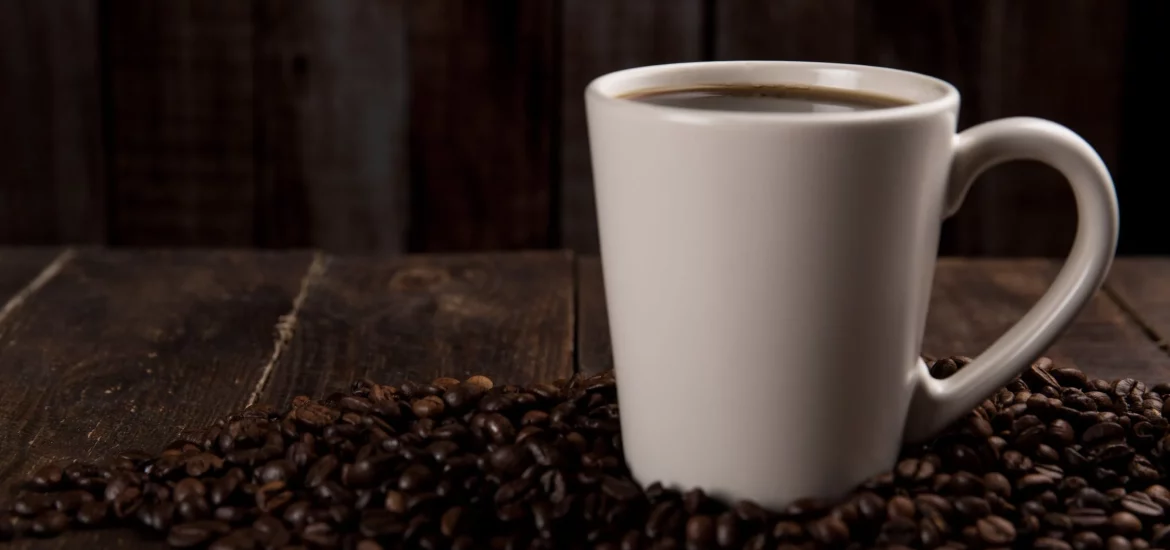Longer roasting times produced colors similar to dark roast coffee beans too.

Lab-grown coffee tastes pretty darn good, scientists say
Photo: Pexels/Toni Cuenca
As coffee cultivation worldwide is coming under increased stresses from climate change, scientists have been exploring ways to see how lab-grown coffee plant cells might become an alternative to farmed beans.
Now a team of researchers has evaluated how these lab-grown beans fare when it comes to taste and smell compared to traditional beans. This they did by roasting coffee plant cells for beverages, which were then evaluated by trained testers.
The scientists started with cultured cells from chopped Coffea arabica leaves in a laboratory-scale bioreactor. They then freeze-dried them, ground them into a fine powder, and roasted them under three different conditions.
“Longer roasting times produced colors similar to dark roast coffee beans,” the researchers report. “Additionally, the current lab-grown powders contained twice as much caffeine as previous bioreactor coffee products, although the current powders’ levels were much lower than those in farmed beans.”
Finally, the team brewed beverages with the roasted cell cultures or dark-roast Coffea arabica beans and served them to trained taste-testers. The results, they say, were encouraging.
The tasters identified similar levels of bitterness and sourness in lab-grown and conventional drinks. “The new brews had more roasted, burned sugar, and smokey smells,” the scientists explain.
“Overall, while some tastes and smells of a typical bean-based coffee could be produced by roasting cultured cells, [more] work is needed to explore processing techniques to further boost flavor for this alternative to conventionally grown coffee,” the experts note.
Coffee is one of the most popular beverages in the world with well over 2 billion cups of it consumed daily, yet coffee yields could plummet by 50% in coming decades, scientists have warned.
But growing coffee in labs isn’t the only way we may be able to save our favorite cuppas from climate change. Another solution lies in changing the way farmers grow coffee plants in the face of warming temperatures and less predictable rainfall.








